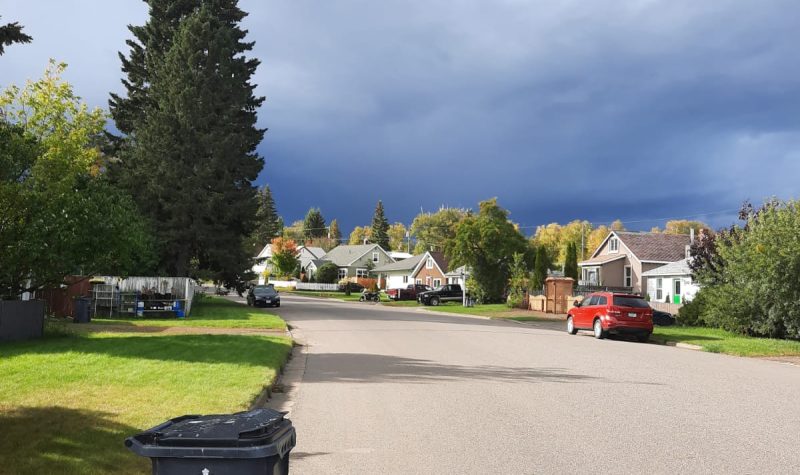Questions about the controversial West Coast Olefins (WCO) plastics plant proposed for construction near a residential area of Prince George remain unanswered as the company hopes to start construction within a year.
The 5.6 billion dollar petrochemical plant in question is set to be built just 3.65 kilometers from the Lower College Heights area. West Coast Olefins CEO Ken James hopes to initiate construction in late 2021 or early 2022, upon potential approval from the Environmental Assessment Office (EAO).
Concerns about respiratory impacts such as asthma and chronic lung disease caused by Prince George’s already poor air quality has long been a pressing topic for health advocates. High rates of cancer, recurrent sinus and middle ear infections, cardio-vascular, and cerebro-vascular disease are also major problems being dealt with by medical practitioners within Prince George.
Retired pediatrician and member of the People’s Action Committee for Healthy Air (PACHA), Dr. Marie Hay is one of the community members sounding the alarm about social and medical concerns that the people of Prince George can expect to be faced with if the proposed plant is approved. “There would be a massive increase in fine particulates and petroleum byproducts from the exhaust of motorized vehicles during the construction phase”, stated Hay. As reported by Prince George Matters, dust generated from roads and construction sites is one of the biggest contributors to air pollution in Prince George. The proposed site of the plastics plant, the BCR Industrial Site, was reported to exceed the annual air quality objectives, according to an updated Air Emissions Inventory and Modelling Report prepared for the Prince George Air Improvement Roundtable.
Hay expressed concern over a number of less commonly discussed social issues that transient workers and increased traffic can present in communities chosen for major industrial projects. As reported by Maclean’s, findings from the national inquiry on Missing and Murdered Indigenous Women and Girls suggest a link between an influx of transient workers and higher rates of sexual assault and harassment. With limited information currently available on how recruitment, hiring, and housing of workers will be structured, Hay and others worry Prince George could see an increase in gendered violence, especially for Indigenous women and girls.
Hay explains how microplastics, which are retained in the air, water, and surrounding land, could impact health. While the impact on human health of ingesting micro-plastics that make it into water supply and food is still unclear, scientists have identified their presence in human placenta prompting calls for further research.
Dating back to the original proposal in 2019, Hay has expressed concerns about the type and quantity of toxins, including benzene emissions, produced by the plant. Benzene is a known carcinogen, a fact that James acknowledged in a letter to the editor of the Prince George Citizen. “It’s just a toxic soup”, says Hay, listing a number of other carcinogens, as well as ethylene, nitrous oxide, and volatile organic compounds as among the pollutants that concern her most. In contrast, James has favourably compared the proposed plant emissions to the NOVA Chemicals plant in Red Deer, AB, which is 15 kilometres outside of the city with topography that allows for the majority of winds to blow away from the city. This is more than three times farther than the site West Coast Olefins wants to build on is from Lower College Heights, and there is no bowl effect.
Ultimately, Hay believes a shift in modern industry is necessary in order for Prince George to become sustainably livable. When asked if she thinks that Prince George would still have the potential to become effectively safe and healthy if West Coast Olefins gets approved, Hay responded “no, absolutely not”.
Contrary to what was stated in the interview, Ken James’ letter to the editor of the Prince George Citizen in December of 2019, stated that there would only be three plants in total.
Links to the video projects suggested for further research by Dr. Hay below:
Unleashing the Power of Prevention (Little Things Matter)
Listen to the interview on CFUR-FM:


